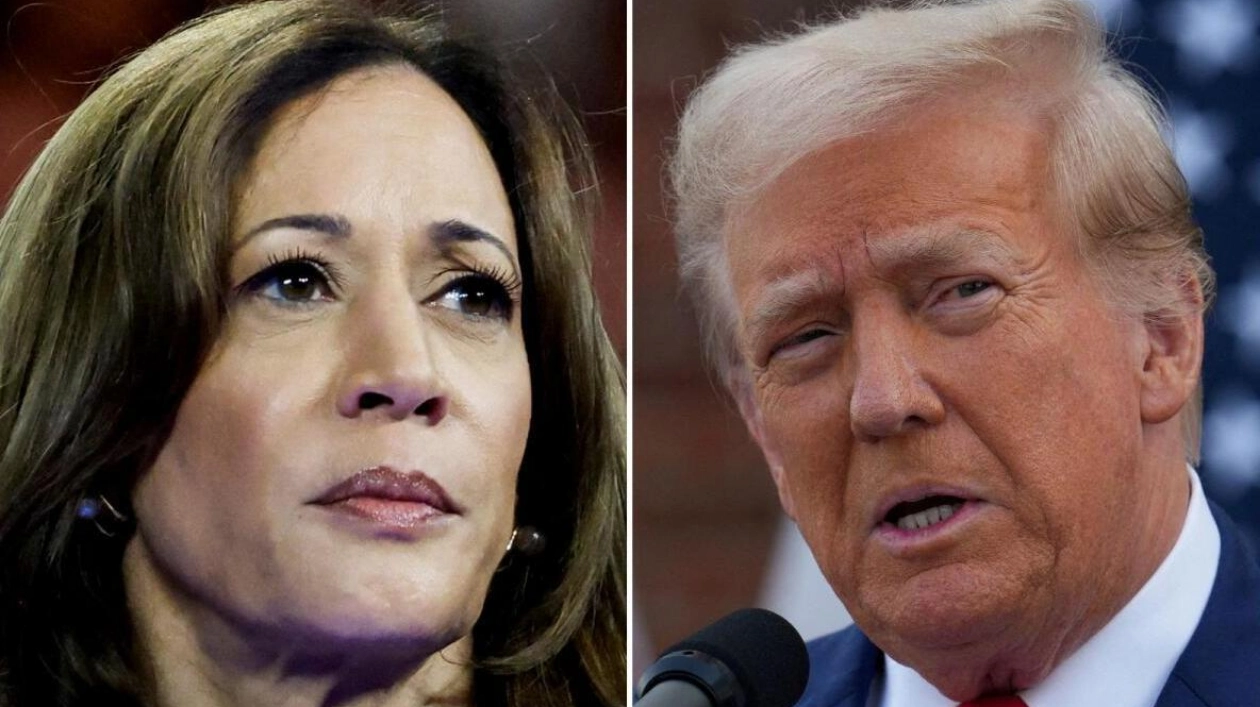Kamala Harris has neutralized Donald Trump's advantage on the economy among Hispanic voters, according to Reuters/Ipsos polling. Harris's 13 percentage point lead within this group indicates a strong preference for her approach to healthcare and climate change. On these issues, Hispanic voters favor Democratic Vice-President Harris's approach over Republican former President Trump's by significant margins—18 points for healthcare and 23 points for climate change.
Hispanics, a diverse and rapidly growing segment of the US electorate and swing voters, are a key target for both candidates. The contest was significantly altered in July when Democratic President Joe Biden ended his struggling re-election campaign and handed the reins to Harris. The Reuters/Ipsos poll, conducted from August 21-28, revealed that the top concerns for Hispanic registered voters ahead of the November 5 election align closely with national priorities, with the economy, immigration, healthcare, and climate change emerging as their main focuses.
While overall registered voters slightly favor Trump's economic approach over Harris's (45% to 36%), Hispanic registered voters view both candidates equally, each receiving 39% support. This marks an improvement for Democrats, as a May Reuters/Ipsos poll showed Biden trailing Trump by four points on the economy among Hispanic voters. Hispanics prefer Harris on healthcare policy (46% to 29%) and climate change (46% to 23%), with larger margins than her broader electorate support.
Trump maintains an edge on immigration policy, with Hispanic voters favoring him over Harris (42% to 37%), though this is narrower than his broader electorate lead (46% to 36%). Democratic strategist Chuck Rocha noted that the Latino vote is a crucial swing group in American politics and will remain so for the foreseeable future. Rocha attributes Harris's success among Hispanics to her aspirational life story, which counters Trump's economic strength.
Many Hispanic voters have immigrant parents or grandparents and have lower incomes, making them more susceptible to the 2021-2022 surge in US inflation. The new Reuters/Ipsos poll shows Trump leading on the economy among men and voters aged 35 and older, while he and Harris are closely matched among women and younger Americans. Harris has a significant lead on the economy among Black voters. The poll surveyed 4,253 US adults, including 3,562 registered voters and 412 Hispanic registered voters, with margins of error of about 2 percentage points for overall voters and about 4 points for Hispanics.
Hispanics accounted for about 14% of voting-age US citizens in 2022, up from 9% in 2005-2009 Census Bureau estimates. Biden won the Hispanic vote by 21 points in 2020, according to a Pew Research exit poll analysis. If Harris's current 13-point lead among registered Hispanic voters holds until Election Day, it would indicate a potential improvement for Trump. Republican strategists acknowledge Harris's economic gains but note that Trump is still performing well with Hispanics.
US inflation has eased over the past year, with consumer prices falling in June for the first time in four years due to cheaper petrol and moderating rents. Voter sentiments could change before Election Day, and it is uncertain which voter groups will turn out in significant numbers. Predicting the Hispanic vote is particularly challenging in 2024 due to their younger demographic skew and higher proportion of first-time voters.






